Neurofeedback training uses EEG brainwave data to train participants on how to gain better control over their mental health and performance. By learning how to regulate brainwaves, people are able to change their state of mind. In fact, neurofeedback may help you learn faster, remember better, and even sleep better. Many participants will seek out neurofeedback for memory improvement purposes, and it’s easy to see why. One of the great things about neurofeedback is its customization. You can get a custom neurofeedback training plan with things like working memory training, attention training, language learning, creativity training, and more.
The general goal of neurofeedback training is to increase the level of activity in the brain areas responsible for memory consolidation. This technique allows you to enhance your memory in the short and long-term.
How Neurofeedback Improves Memory
Theta brainwaves serve an important purpose in your daily cognitive functions. These brainwaves are responsible for keeping us focused and support our ability to remember things like where we put our keys or where we parked our car. As we grow older, however, the efficiency of these brainwaves can decrease. This causes problems with focus and concentration, leading to forgetfulness and confusion.
A multiplicity of drugs, including rTMS, choline, piracetam, modafinil, memantine, vinpocetine, donepezil, galantamine, and others are used to help people deal with memory-related difficulties. However, there is still no cure for memory-related conditions.
Neurofeedback therapy is a relatively new treatment option that uses technology to train the brain to increase the frequency of theta waves. The goal of neurofeedback for memory improvement is to improve mental performance and reduce symptoms of memory loss.
How Neurofeedback Trains Your Brain
Neurofeedback is a form of biofeedback therapy in which data about the activity of the brain is collected via electrodes placed on the scalp. This information is used to provide real-time feedback to the patient, allowing them to understand how their brain waves are behaving to various stimuli.
During a typical neurofeedback training session, you will receive instructions and cues while watching a movie or other piece of media. You may be asked to concentrate on specific parts of the media, such as facial expressions, emotions, sound etc. During this time, the system will measure your brain activity and your clinician will provide instruction on how to correct brainwave patterns or behaviors.
The goal of the training session is to help you learn to focus your attention on certain aspects of the media being shown. As you become more focused on one aspect of the stimuli, the system will increase the intensity of the auditory or visual stimuli it presents to you. When you start paying attention to another aspect, the system will decrease the intensity again. After the training session, you can continue practicing the techniques learned during the session at home.
Overall neurofeedback is one of the most powerful tools to support and improve your memory. Neurofeedback typically has no side effects and only requires your time, patience, and attention.
Are You Ready to Improve Your Memory?
Contact Braincode Centers to improve your memory through neurofeedback today!




